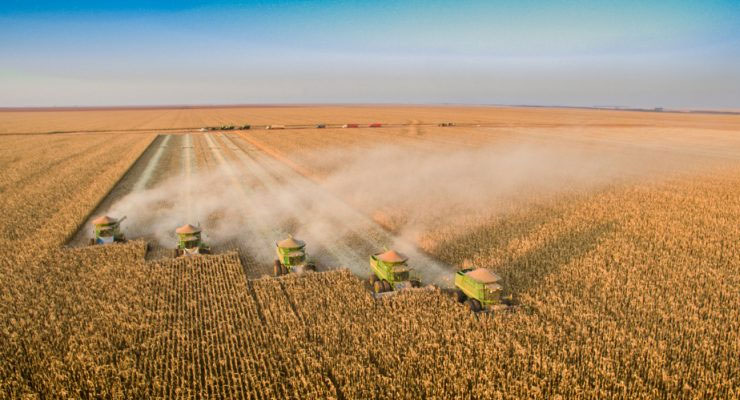
Feedstock Diversity and Sustainability
Diversifying feedstocks for biofuel production is crucial for promoting sustainability and mitigating the environmental impacts associated with traditional fuel sources. By leveraging a diverse range of feedstocks, including algae, crop residues, and municipal waste, the biofuel industry can achieve both energy security and environmental conservation goals.
Algae, with its high oil content and rapid growth rate, presents a promising feedstock for biofuel production. Algae cultivation can take place in various environments, including ponds, bioreactors, and even wastewater treatment facilities, making it a versatile option for biofuel production. Through photosynthesis, algae can convert carbon dioxide into biomass, providing a carbon-neutral or even carbon-negative fuel source. Additionally, the cultivation of algae does not require arable land, thus minimizing the competition with food production. However, challenges remain in terms of scaling up algae production and optimizing the extraction processes to ensure cost-effectiveness and environmental sustainability.
Crop residues, such as corn stover, wheat straw, and sugarcane bagasse, offer a valuable feedstock for biofuel production without competing with food crops. These residues, often considered agricultural waste, can be utilized to produce biofuels through biochemical and thermochemical conversion processes. By valorizing crop residues, the biofuel industry can not only reduce waste and emissions from agricultural practices but also contribute to the development of a circular economy. However, careful management is required to prevent soil erosion and maintain soil fertility, as the removal of crop residues can affect the overall soil quality and ecosystem services.
Municipal waste, including organic waste and sewage sludge, represents a significant opportunity for sustainable biofuel production. By converting waste materials into biofuels through anaerobic digestion, gasification, or pyrolysis, the biofuel industry can address the challenges of waste management while simultaneously producing renewable energy. The utilization of municipal waste as a feedstock can reduce landfill usage, methane emissions, and overall environmental pollution. However, effective waste collection and sorting systems, as well as advanced conversion technologies, are essential for maximizing the potential of municipal waste as a sustainable feedstock for biofuel production.
While feedstock diversity offers numerous benefits for biofuel production, the sustainability implications of using certain feedstocks over others must be carefully considered. The choice of feedstock can significantly impact land use, water consumption, biodiversity, and greenhouse gas emissions. For instance, utilizing food crops as feedstock can lead to land-use changes, deforestation, and soil degradation, contributing to negative environmental consequences. This scenario poses a challenge in terms of balancing the demand for biofuels with the need for food security and environmental conservation.
In contrast, non-food feedstocks, such as algae and agricultural residues, offer a more sustainable alternative, as they minimize the competition with food production and contribute to the utilization of waste materials. However, the energy inputs required for cultivating and processing these feedstocks, along with the associated emissions, must be carefully managed to ensure their overall sustainability. Additionally, the use of certain agricultural practices, such as the excessive use of fertilizers and pesticides, can have adverse effects on soil and water quality, necessitating the adoption of sustainable agricultural practices to mitigate these impacts.
To ensure that feedstock production for biofuels does not compete with food production, several strategies can be implemented. Firstly, the promotion of non-food feedstocks, including algae, agricultural residues, and waste materials, can reduce the pressure on arable land and contribute to the sustainable utilization of resources. Furthermore, the implementation of land-use planning and sustainable agricultural practices can help optimize land use for both food and biofuel production, ensuring that adequate resources are available for both sectors.
Moreover, the development of integrated bioenergy systems, where biofuel production is integrated with other agricultural or industrial processes, can enhance resource efficiency and minimize environmental impacts. This integration can include the utilization of biofuel by-products for animal feed, biogas production, or electricity generation, fostering a circular economy approach to bioenergy production.
In conclusion, the utilization of a diverse range of feedstocks for biofuel production, including algae, crop residues, and municipal waste, is essential for promoting sustainability and reducing the environmental impacts of traditional fuel sources. While feedstock diversity offers significant opportunities for the biofuel industry, careful consideration of the sustainability implications, including land use, water consumption, and emissions, is crucial. By prioritizing non-food feedstocks, implementing sustainable agricultural practices, and fostering integrated bioenergy systems, the biofuel industry can effectively contribute to the global transition toward a more sustainable and environmentally friendly energy system.

0 Comments